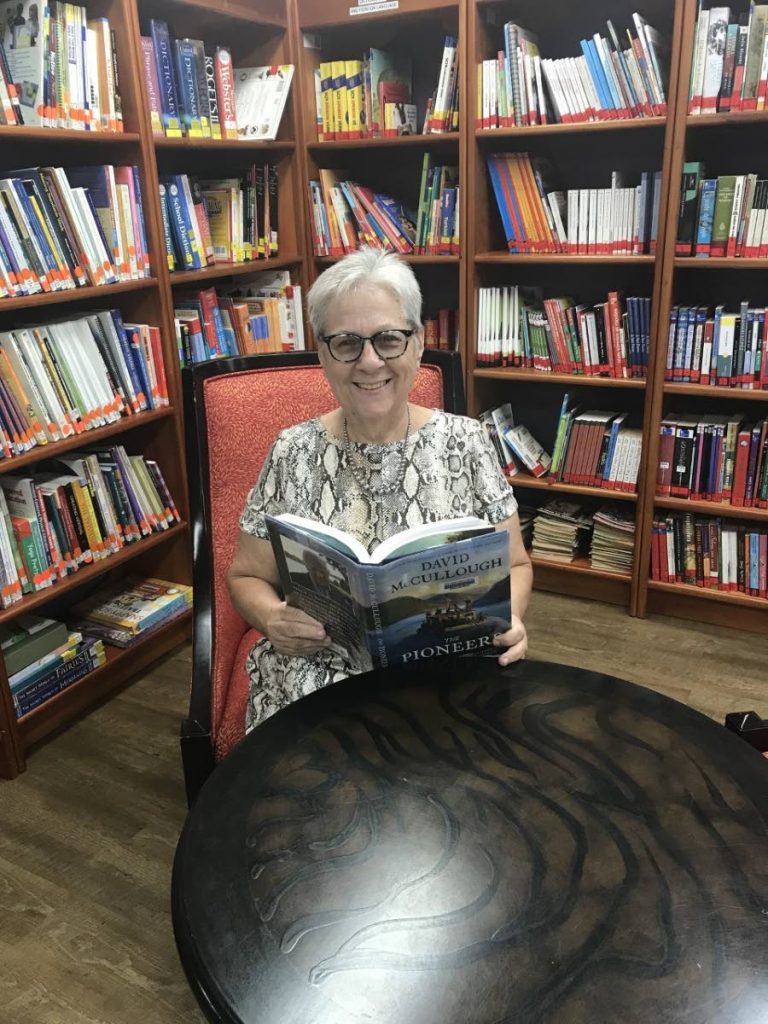Dealing with racism

SOCIAL MEDIA keeps testing the fine line between free speech and public shaming. We see this frequently on the internet, but social media’s brand of public shaming hit home recently when Facebook reacted to racist comments made by a young woman just after our own election. I won’t mention the incident or her name here because I don’t want to engage in or support public shaming.
Her remarks sparked considerable rage, which is understandable, but I can’t condone using social media to spew hateful messages of any kind or organising support to destroy people’s lives or at least their livelihood.
This does not mean that I support what this young woman said. I do not support prejudice in any form and racism is certainly an ugly, prevailing form of prejudice that we need to deal with effectively.
First of all, let’s get this clear. The young woman made racist statements, which doesn’t necessarily mean she is a racist. That term is being thrown around far too loosely. We can’t jump to the conclusion that anyone is a racist based on a Facebook post. That's a serious word to throw around. We do know that in her anger and frustration she engaged in a racist rant, but to brand her as a racist without knowing her and without examining her beliefs and behaviour outside of those remarks is to engage in a form of prejudice. The very definition of prejudice is to prejudge before knowing all the facts.
We need to decide what the appropriate response should be to such posts. Do we use racist posts as an excuse to vent our own anger or do we muster enough concern to try to deal with the problem?
We might feel that getting people fired from their jobs after a racist rant is justice, but people who are cornered or destroyed find like-minded people to support them. If they are racist, they become more embittered and more entrenched in their prejudice. It might get people to shut up for a time, but this does not mean the problem has vanished. Those prejudiced people have just gone underground until their anger spills over again, and there’s always someone else to walk in their footsteps.
There should be a public outcry against racist posts. There needs to be courageous, unemotional and mindful responses to racist remarks. But we need to hold society and our politicians who push racism accountable for dealing with all prejudices in this country.
We start by extracting emotion from the problem of prejudice. I know that sounds callous, but we don’t deal well with any issue or problem effectively when we tackle it from an emotional point of view. There’s a choice here: do we want to vent emotionally about racism or seek a solution?
My solution is for all companies, businesses, government agencies to require their employees to participate in programmes that deal with social issues that arise. There should be mandatory programmes that deal with drug or alcohol abuse, domestic violence, anger management, bullying, racism – any identifiable social issue. We can’t turn a blind eye to these problems in the workplace. Firing someone may appeal to emotion, but it is giving everyone except the victim an easy way out of dealing with a prevailing problem.
Clearly, we need to hold the Government responsible for dealing with its part in stoking the fires of racism. There is definitely a feeling among many people that racism is politicised in this country – especially during election time.
If anyone has a problem – and racism is definitely a problem – they should be required to participate in a programme that addresses the targeted social issue. They could be subject to a suspension until the programme is completed. The programme should include community service, which provides the opportunity for individuals to face their prejudices.
There are many NGOs that could provide useful experiences for people to confront their prejudices. We need to get off the treadmill and the constant discussion of racism and affect change – not merely react to injustice out of anger and hurt.
I know it is easy to write off any suggestions coming from me. After all, I am a foreign WASP (white, Anglo-Saxon, Protestant). But I deal with prejudice every day of my life, and I see people overcome it. My battlefield is the prisons where prejudice against inmates in our communities was off the charts until people witnessed our prison debates.
From my prison work, I learned that education goes a long way in combating prejudice of any kind. A healthy dose of understanding also helps to destroy prejudice.
Next week: Why prejudice is on the rise


Comments
"Dealing with racism"